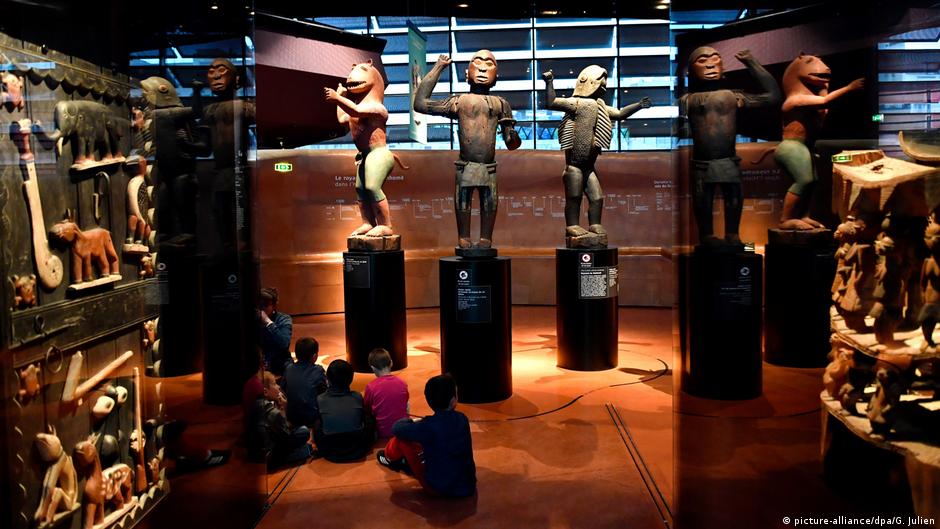Community leaders on Monday called on African countries to work together in pursuing the restitution of heritage resources plundered by western nations.
The community leaders said this during that engaged them on the Promotion and Protection of Heritage Resources in a workshop organized by the African Union, in collaboration with the UN Economic Commission for Africa and the Open Society Initiative for West Africa (OSIWA).
The meeting, which was aimed at popularising a draft Common African Position on Restitution of Heritage Resources, also discussed local initiatives in combatting illicit trafficking in cultural property and heritage.
It has been 50 years since African governments, against a backdrop of hard-fought independence, started asking for the return of looted objects.
“Africa has lost a huge amount of heritage resources plundered during colonialism, and through ongoing illicit trade,” said Angela Martins, Head of Culture Division of AU Commission.
Though some member states are receiving looted heritage through negotiation, Martins told the meeting that there are still a huge amount of heritage resources held outside of the continent.
Some reports say Belgium’s Royal Museum for Central Africa has 180,000 objects alone while Germany’s Ethnological Museum has 75,000, France’s Quai Branly Museum has almost 70,000, the British Museum has 73,000, and the Netherlands’ National Museum of World Cultures has 66,000.
All AU Member States need to collectively work together in pursuing the restitution of these plundered heritage resources, said His Majesty Robinson Tanyi, President of the African Indigenous Governance Council.
The Community leaders are proud to be associated with the continent restitution agenda and will support it, he said, calling for their continued engagement in the process.
The three-day-long Community Engagement Workshop with Community Leaders was held in Nairobi, Kenya, last week, in line with the implementation of the AU theme of the year for 2021 on “Arts, Culture and Heritage: Levers for Building the Africa we Want’.
MG/abj/APA


